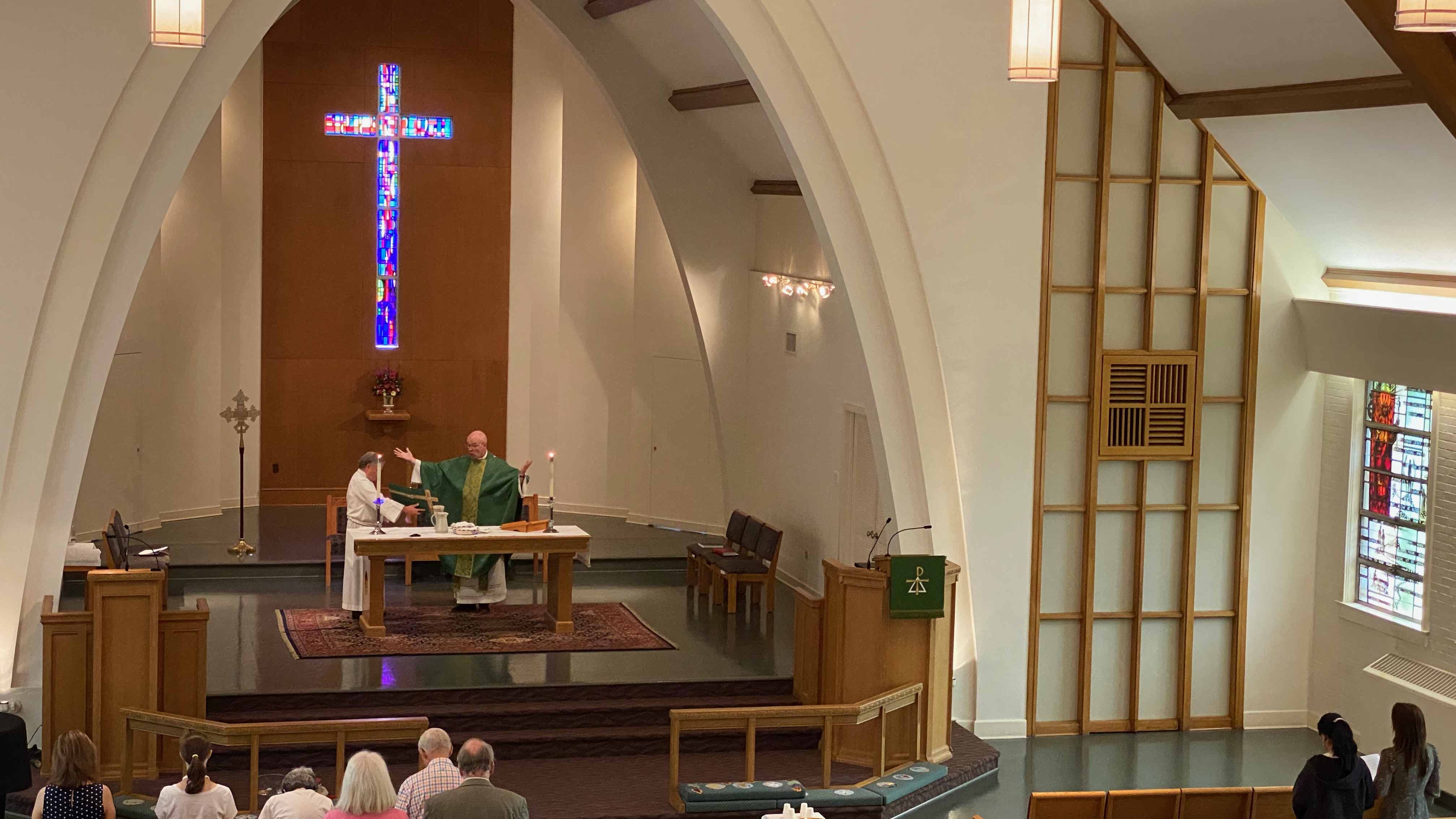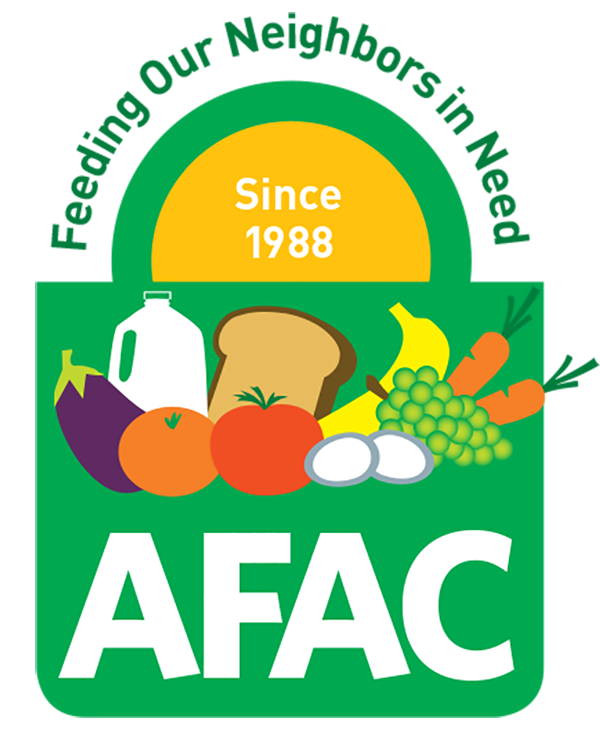Now let’s turn our attention to intercessory prayer. Given that the Holy Spirit intercedes with sighs too deep for words, there is a mystical dimension to prayers of intercession. But there are also quite ordinary and practical dimensions of prayer as well. When we pray for someone or for sets of circumstances, what do we expect to happen? Prayer is not magic, though there are indeed supernatural dimensions to prayer insofar as God is involved. There are accounts and experiences of miraculous healing, of course, which correlate with prayer. In fact, one of my son’s surgeons wrote in a report of Nathan’s recovery being miraculous. Such mystical dimensions of intercession remain mystery to me.
But then there are the more ordinary aspects of intercessory prayer. I personally can attest to the experienced power of intercessory prayer in relation to Nathan’s stroke and recovery, but my experience of strength and consolation typically happened because ordinary people told me in practical ways that they were praying for Nathan and for us. Which is to say, practically speaking in ordinary, natural ways, there is a strong sense in which intercessory prayer sets the agenda for the church’s caring ministry and mission. If we pray for someone, the energy of the Holy Spirit is given to motivate us to reach out to that someone and their family members and friends. If we pray for peace in the world, we are through intercession given the Spirit’s gift and power to work for peace in practical ways. Intercessory prayer petitions give us our marching orders for ministry in daily life, along with the inspiration to engage that work.
So it is that prayers of intercession are a central feature of our church’s liturgy. Our prayers of intercession during worship follow a pattern such that we pray rather comprehensively for the needs of church and world and people – “for the church universal, its ministry, and the mission of the gospel; for the well-being of creation; for peace and justice in the world, the nations and those in authority, the community; for the poor, oppressed, sick, bereaved, lonely; for all who suffer in body, mind, or spirit; for the congregation, and for special concerns…. [along with] prayers of thanksgiving for the faithful departed” (cf. Evangelical Lutheran Worship, pew edition, pp. 105-106). These prayers are crafted locally according to the universal church’s pattern with the particular needs of our day and circumstances in mind. These prayers are intended to address comprehensive need and opportunity, seeing church and world through the wide-angle lenses of God’s merciful desire for universal well-being. I invite you to settle into the fullness of these prayers, dwell with the petitions in their specificity, adding also your own specifics in the silence of your hearts and minds. God knows the church and world need our comprehensive prayers, especially during this season of multiple, global crises.
And God knows church and world and people need our hands to engage in God’s work. Thus, again, the prayers of intercession set the agenda for our work in God’s vineyard. Which is to say, these prayers can very practically inform your to do lists for your ministry in daily life. Thus, don’t just pray the prayers of intercession when you worship at home. Carry them with you into the week’s routines, pray them again and again, and discern how you are moved by the Spirit to act in accord with what it is prayed for and for whom. In this way, in the Spirit, you and your ministry in daily life become part of God’s answer to prayer!
Needless to say, there is so much more that could be said about prayer, for example, about resources for daily prayer in Evangelical Lutheran Worship – a topic for another Midweek Message. Enough for now. But I do invite you into a deeper prayer life. You’ll hear more from me as your pastor about prayer on future occasions.
With the prayer that the Holy Spirit would take you to the deeper places in your own life of prayer,
Pastor Jonathan Linman






